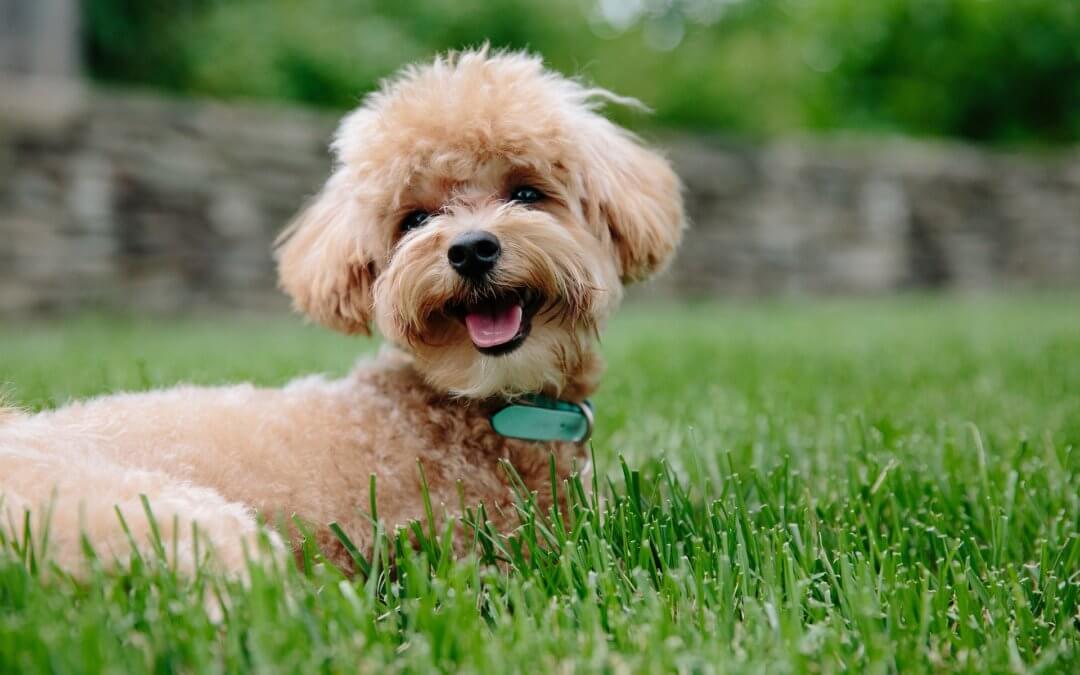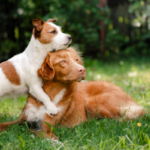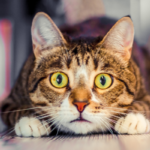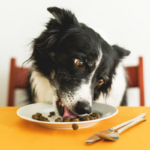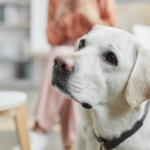Updated 17th November 2022
AS RESTRICTIONS CONTINUE TO EASE, OUR COVID-19 CLINIC PROTOCOL WILL BE CHANGING
WE ARE EXCITED TO ANNOUNCE THAT CLIENTS ARE NOW WELCOMED BACK INTO THE CLINIC!
So what does this mean for you and your pet?
- Please call the clinic to arrange any appointments
- Only TWO people are allowed inside the clinic per appointment time. Please wear a face mask if you have cold or flu symptoms.
- Consultation room time will be limited to 15 minutes to ensure exposure times are kept to a minimum.
- CONTACTLESS CARPARK CONSULTATIONS ARE STILL AVAILABLE IF
- You are NOT fully vaccinated
- Have MORE than two people with you (including dependents)
- Are unable to wear a mask (you must hold a valid mask exemption)
- Require a longer appointment time Or
- Would prefer your appointment to be contactless
- Please wear a mask if you have cold and flu-like symptoms.
- Please DO NOT come into the clinic if you have been in contact with someone with Coronavirus, if you are self-isolating, or are awaiting test results. Call us instead.
If your pet is unwell, or you have any questions regarding your pet’s health you should always contact us for advice. We thank you for your patience during this time.
COVID-19 has changed the way we go about our lives and will continue to for many months. COVID-19 is stretching veterinary services to breaking point. We know that there are around 125,000 doctors to look after almost 26 million Australians, compared to only 13,500 vets to look after the 30.4 million pets – let alone all the other animals that vets look after.
Things you need to know:
– Wait times: Our schedules are heavily booked – at least 2 weeks in advance. This means it may take some time for us to get your pet booked in for a routine visit.
-Non-urgents: if you have booked a wellness appointment (vaccination, health check or desexing) and an emergency arises, we may ask you to wait or need to reschedule your appointment. Please understand that animal welfare is our priority and we will always triage appropriately. Remember, we would do the same for you if your pet was unwell.
– Cancellation policy: We ask that you please cancel your appointment in a timely manner. This will avoid impacting the health of other pets who need to be seen. Failure to attend an appointment may incur a charge.
-If you are unwell: to keep everyone as safe as possible and so we can continue to provide a service we ask that you please stay home. If you have any symptoms or are currently awaiting results of a COVID-19 test to stay home and notify us.
– Our staffing: we ask that you please be patient and kind to our staff. They are truly doing their best in an extremely challenging time.
– Our values remain the same: animal welfare, client care, pet health and wellbeing. The wellbeing of your pet is our highest priority. We want to keep our clients informed and aware of what we are experiencing, so that we can work together to take the best care of you and your pet.
When it comes to the virus, there are plenty of questions to be asked, so here are a few answers:
How is COVID-19 spread?
Although it has been theorised that the new coronavirus emerged from an animal source, the pangolin, the current main known route of transmission is human-to-human.
At present, the spread of COVID-19 appears to occur mainly via respiratory droplets produced when a person sneezes, coughs or when they come into contact with infected sputum (hand-to-mouth transmission).
Can cats and dogs get coronavirus?
There are species-specific coronaviruses that affect dogs and cats, but it is essential to realise that these are not the same as the COVID-19. The strains that affect cats and dogs can cause mild gastrointestinal signs and, very rarely, can lead to a disease in cats called Feline Infectious Peritonitis (FIP).
There is a vaccine available for the canine form of coronavirus. This vaccine should not be used for prevention of COVID-19 as the viruses are distinctly different.
Can I get coronavirus from my pet?
No. There is currently no evidence that COVID-19 can be spread from a pet to a human. Transmission appears to occur via a human touching a contaminated surface and then touching their mouth, nose and possibly eyes. Smooth surfaces such as a countertop or a door handle transmit the virus better than porous materials such as paper and clothing. At this time, there is no evidence that COVID-19 can be spread to people from the skin or fur of pets.
Can pets contract COVID-19 from humans?
Currently, the only pets incidentally exposed to COVID-19 that have tested positive to the virus are two pet dogs in Hong Kong and two pet cats (one in Belgium and the other in Hong Kong). In all of these cases, these pets were in the direct care of someone who had confirmed COVID-19. It was only in the case of the cat in Belgium that there was any suggestion of the pet showing clinical signs of the disease, but it is essential to understand that other diseases that could have caused the same symptoms were not ruled out. This cat has since recovered. According to the World Health Organisation, there is currently no evidence that pets can transmit COVID-19.
What should pet owners do?
The best way to help prevent the spread of COVID-19 is to adopt sufficient hygiene measures and maintain social distancing. This includes washing your hands before and after handling animals. The Centre for Disease Control recommends that people who are sick, or who have been diagnosed with COVID-19, should restrict their contact with animals (this means avoiding cuddling, kissing or being licked by your pet) until further information about the virus is available. There is no reason to remove pets from their homes if COVID-19 has been identified in members of the household.

